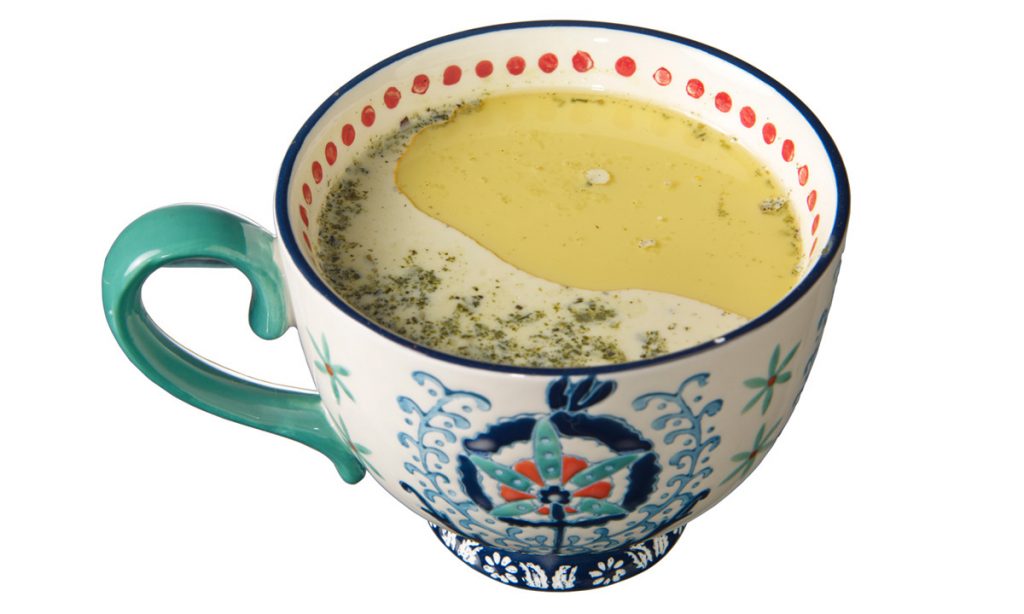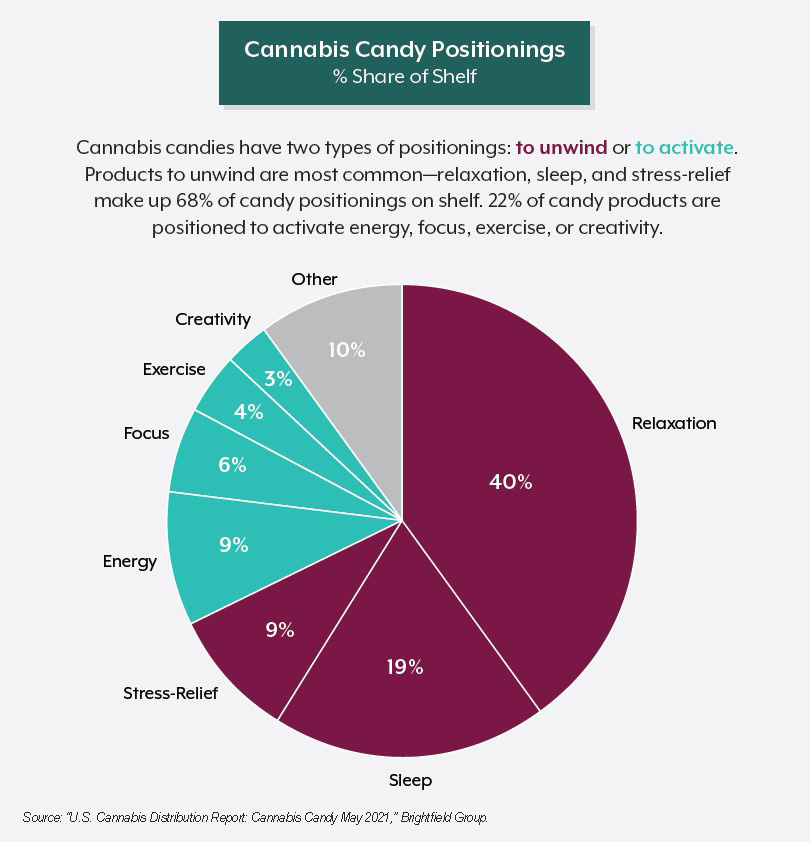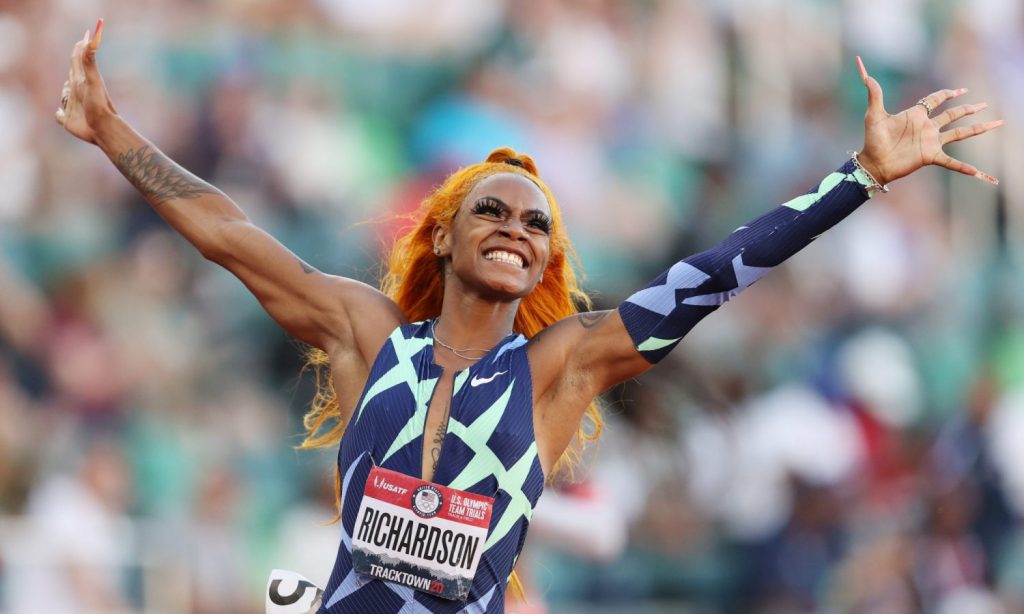It’s been a long road, but the Olympic torch finally landed in Japan on 23 July. The latest edition of the Games has been so mired in difficulty that many feared it might not go ahead, with COVID-19 causing seemingly insurmountable logistical issues. It’s also seen its fair share of controversies, with the conversation around cannabis chief among them.
The 2020 Games in Tokyo is effectively the first in which professional athletes have been allowed to use cannabis-based products while preparing for the competition. CBD use among professional athletes has been allowed by the World Anti-Doping Agency (WADA) since 2018, and it’s becoming increasingly popular.
In this article, I’ll explore the growing role that cannabis-based substances can play in sports, the main regulatory barriers in the way of development, and the exciting opportunities that may arise as cannabis in sport becomes normalised.
The athletic case for CBD
In the run up to this year’s Games, a growing procession of athletes have endorsed the use of CBD-based products. Although some of these endorsements are facilitated by sponsorship deals between athletes and CBD manufacturers, it’s without a doubt that stars across different disciplines are taking advantage of cannabinoids.
The list of advocates includes a number of top-tier athletes: from world record-holding sprinter Micheale Frater and golf star Catriona Matthew, to the NFL’s Rob Gronkowski and Eugene Monroe, heptathlete Chari Hawkins and former boxer Mike Tyson.










